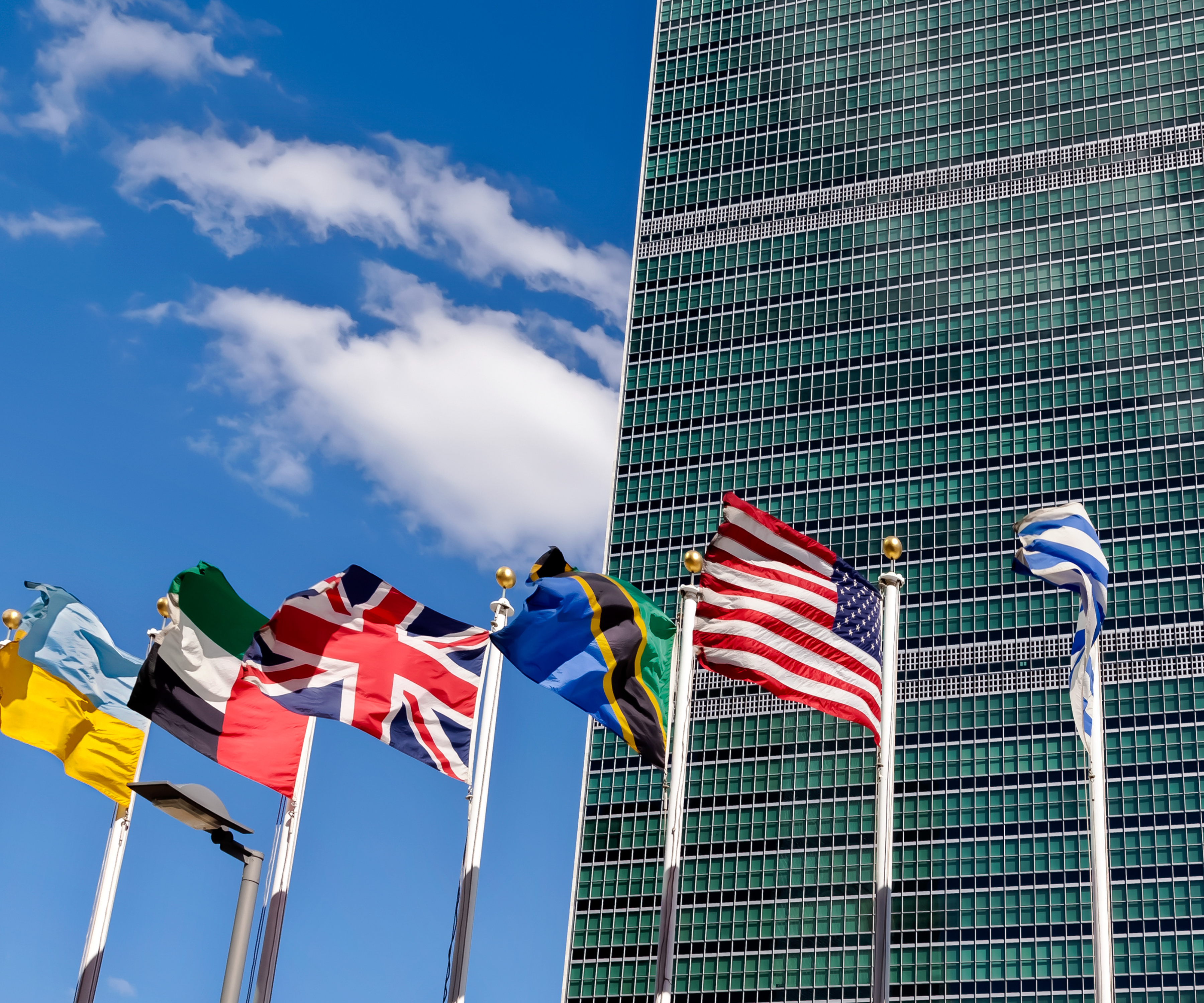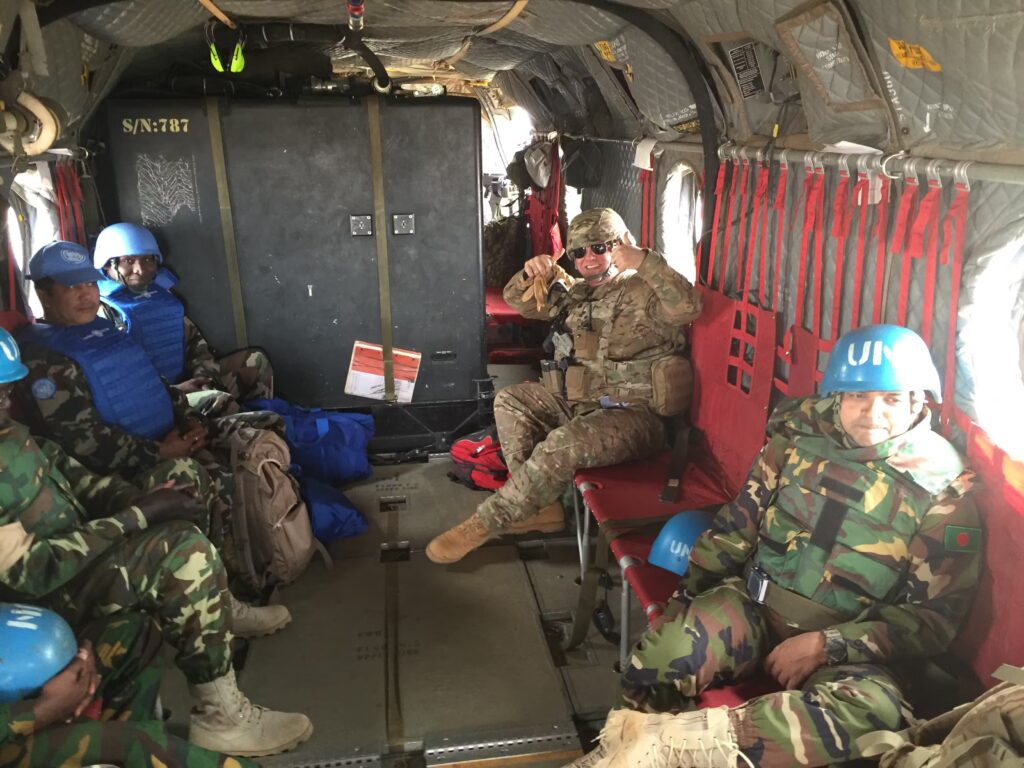Guest blog by Whitney Baird and Peter Yeo
Since its founding nearly 80 years ago, the United Nations has grappled with the most difficult and controversial geopolitical issues in the world. The most visible pieces of the UN agenda are usually those that provide humanitarian assistance to millions of people or broker global environmental compacts like the Montreal Protocol or the Paris Agreement.
But there is another, equally important part of the UN system that many people don’t realize exists: the agencies that allow American businesses to connect with the rest of the world. Most businesses that operate internationally could not thrive without these low-key, under-the-radar organizations.
“Most businesses that operate internationally could not thrive without these low-key, under-the-radar [UN] organizations.”
Despite the value these agencies deliver, there has for many years been a small but persistent group of American UN skeptics. Indeed, we’ve recently seen a surge of “defund the UN” sentiment in the U.S., culminating in proposed legislation in June to stop funding the UN altogether. Fortunately, this legislation was later countered by a bipartisan Senate bill.
Like any sprawling, vast organization, there’s no question the UN has its flaws. But it’s troubling when we hear calls to walk away from the UN—and hard to imagine how abandoning an institution so critical to our strategic, humanitarian, and, yes, commercial interests, benefits the U.S. Without the support of the UN, American businesses would be at a severe disadvantage that global rivals like China and Russia would be all too happy to exploit. And without U.S. leadership championing core values in the UN—including women’s rights, the rule of law, and due process—the negative consequences for the U.S. economy and society would be profound.
“It’s troubling when we hear calls to walk away from the UN—and hard to imagine how abandoning an institution so critical to our strategic, humanitarian, and, yes, commercial interests, benefits the U.S.”
The best antidote may be to shine a light on the many UN agencies that have quietly enabled the U.S. to pursue our interests abroad. That’s especially true when it comes to U.S. commercial interests. Consider, for example, that every day, U.S. airlines carry 2.6 million passengers to and from nearly 80 countries and 61,000 tons of cargo to and from 220 countries. That wouldn’t be possible without the International Civil Aviation Organization (ICAO), a UN entity that sets rules for air navigation and aerial border-crossing procedures, maintains global technical standards for aviation safety and aircraft design, and investigates air accidents. Without the ICAO, U.S. air carriers could not function safely and efficiently beyond our own borders.
Then there is the World Trade Organization, also part of the UN system, the mission of which is to bring fairness to the global trading system, something American businesses depend on when entering overseas markets. A recent study by the International Chamber of Commerce showed that many developing countries’ economies would be devastated without WTO protections, and those negative economic impacts would reverberate through U.S. supply chains and the economy.
“As powerful as the United States is, we understand that we cannot go it alone. We turn to the UN to bring together the nations of the world for the greater good.”
As powerful as the United States is, we understand that we cannot go it alone. We turn to the UN to bring together the nations of the world for the greater good. Together, we are addressing the looming threat of climate change, establishing mechanisms to give all people access to the digital economy, and anticipating and responding to international health challenges to avoid future pandemics.
The UN and the many organizations that operate under its umbrella have long supported U.S. efforts to operate successfully around the globe. Let’s stay engaged to carry out needed reforms and deepen and broaden the institutions that American businesses count on.
—




